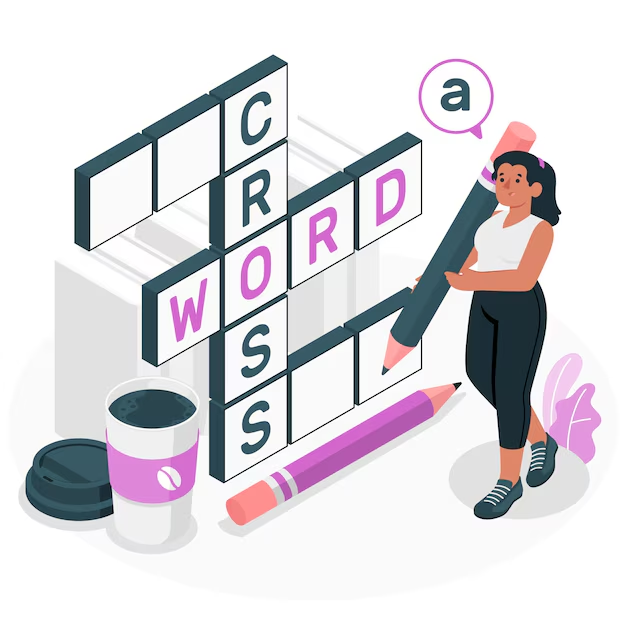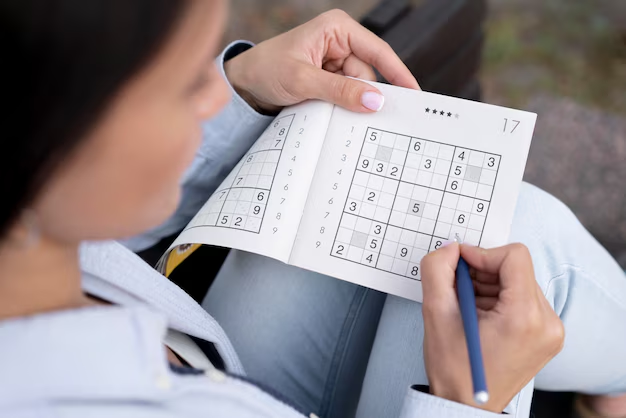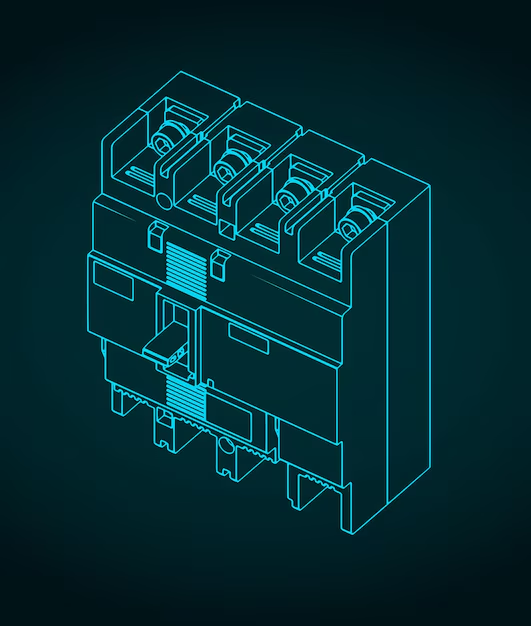If you’ve ever found yourself staring at the “What the puck is going on?” clue in the New York Times Crossword, you might have wondered what exactly the answer is referring to. As with many crossword clues, this one combines wordplay, pop culture references, and a little bit of humor to point you in the right direction. In this article, we’ll dive into the answer to this clue, break down its components, and explore why it’s such a classic example of the crossword-style.
The Clue Breakdown: “What the Puck Is Going On?”
At first glance, the clue “What the puck is going on?” seems like a simple question. However, as with many crossword clues, it’s not meant to be taken literally. The key to solving it lies in understanding the play on words involved.
Wordplay: A Play on ‘What the Heck?’
The phrase “What the puck is going on?” is a clever twist on the more common expression “What the heck is going on?” By replacing the word “heck” with “puck,” the clue immediately hints at a connection to something related to sports or pop culture—specifically, hockey. The substitution of “puck” (a central element in the game of hockey) for “heck” gives the clue a playful and unexpected tone, leading solvers to look for something related to hockey, but not quite the standard phrasing.
The Answer: “Hockey”
So, what’s the answer to “What the puck is going on?”? The answer is “hockey.” In this case, the clue is utilizing the playful substitution of words to prompt you toward the sport of hockey. The word “puck” is so intrinsically linked with hockey that replacing “heck” with “puck” makes perfect sense. It’s a witty and subtle nod to the sport, suggesting that when something is going on involving a “puck,” it’s almost certainly connected to hockey.
Why Is This Clue Effective?
The brilliance of crossword clues like “What the puck is going on?” lies in their ability to blend multiple elements into a single, solvable answer. Let’s break down why this clue works so well:
1. Wordplay and Substitution
The use of word substitution in crossword puzzles is a common tool that constructors use to create layers of meaning. By swapping out “heck” for “puck,” the clue immediately shifts the context from an everyday phrase to something related to sports. It catches solvers off guard and adds a touch of humor, which is a hallmark of great crossword design.
2. Pop Culture and Sports Reference
Hockey is a sport that has a dedicated fan base and is often referenced in pop culture. The puck, which is used in hockey, is one of the sport’s most recognizable symbols. By incorporating hockey terminology into a common phrase, the clue is tapping into this wider cultural knowledge and providing a rewarding “aha” moment when the solver arrives at the answer.
3. The Element of Surprise
Another reason this clue is effective is because it doesn’t immediately lead solvers to think about hockey. The phrase “What the heck is going on?” is so ubiquitous that the substitution of “puck” makes the clue feel surprising and playful. It shifts the tone of a familiar phrase in an unexpected direction, making it fun for both casual and experienced crossword solvers.
The Importance of Humor in Crossword Puzzles
Crossword puzzles are traditionally known for testing one’s vocabulary, logic, and general knowledge, but they also allow room for humor. Many crossword constructors enjoy incorporating witty and playful clues that provide a little comic relief. “What the puck is going on?” is a great example of how humor can be used to engage solvers while still adhering to the rules of wordplay and language.
For regular solvers, clues like this one add a sense of levity to what can sometimes feel like a difficult or intense puzzle. They offer a brief moment of amusement before moving on to the next challenge.
The Role of Sports Terminology in Crosswords
Sports terminology is often found in crossword puzzles, and hockey is no exception. With its unique set of terms—such as “puck,” “ice,” “power play,” and “penalty box”—hockey-related clues can appear in all sorts of crossword puzzles, especially when constructors want to evoke a certain mood or cultural reference.
Hockey, like many other sports, has a passionate following, and incorporating references to it helps the crossword puzzle remain relevant to a diverse group of solvers. Whether you’re a fan of the sport or not, these references add a layer of enjoyment and can even introduce players to terms and phrases they may not have encountered before.
Other Examples of Clever Wordplay in Crossword Puzzles
The “What the puck is going on?” clue is a prime example of how clever wordplay can elevate the crossword-solving experience. Crossword constructors often use puns, homophones, and subtle twists on well-known phrases to create an interesting challenge. Here are a few other examples of wordplay that might appear in a crossword puzzle:
- Clue: “Abe Lincoln’s favorite exercise?”
Answer: “Axe-case.”
This clue plays on the word “exercise” and links it to Abraham Lincoln’s association with chopping wood. - Clue: “Something you can never have too much of?”
Answer: “Pie.”
A playful nod to the saying, “You can never have too much pie.” - Clue: “Head of the family?”
Answer: “Popeye.”
A fun reference to the iconic cartoon character, Popeye the Sailor, known for his strength and his family ties.
These clues rely on a similar level of wordplay, bending language and expectations to create a humorous and sometimes unexpected twist.
Conclusion: The Power of Wordplay in Crossword Puzzles
The clue “What the puck is going on?” is a perfect example of how crossword constructors use wordplay to create an enjoyable and rewarding solving experience. By replacing “heck” with “puck,” the clue brings in a cultural reference to hockey while maintaining the humor and surprise that crossword enthusiasts love. Wordplay, like this clever twist on a common phrase, is what makes crossword puzzles so enjoyable. Whether you’re a sports fan or not, a good crossword clue challenges your language skills, offers a few laughs, and keeps you coming back for more.
So, the next time you see a clue like this in your crossword puzzle, take a moment to appreciate the subtle brilliance behind the wordplay—it’s what makes solving the puzzle all the more satisfying!











